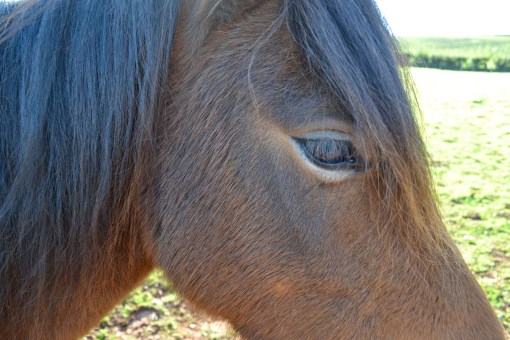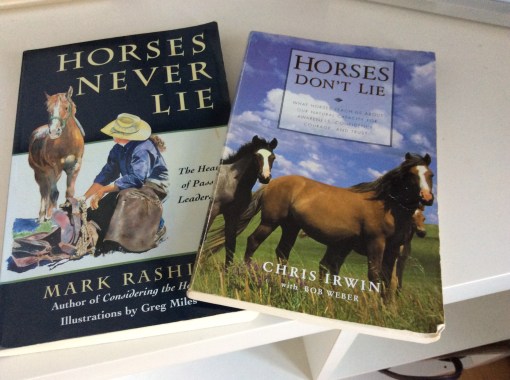Life lesson No: 5 Forgiveness

Horses are forgiving. They know when someone has made a mistake and they are prepared to overlook the mistake to save the relationship. The human tendency is to blame when things go wrong. Resentment and misunderstanding are such familiar landmarks in our emotional geography, it’s easy to see how they can become ingrained. Some people lug grudges around for years like overstuffed holdalls and we all know the lesser burden of finding fault.
Skilled at building resentments, we have created a significant time in life to let them all go. Unfortunately, it’s often at the end of life that we have enough perspective to contemplate forgiveness, or perhaps we simply run out of the energy required to tend to our grudge. We ‘nurse’ grudges as pet illnesses. The Irish poet and philosopher John O’Donohue has written movingly of visiting the sick and dying and waiting for the moment when even the ‘hard-knuckled ones’ release their pain. He describes the relief it brings. The faces of those near to death become younger and smoother, as some experience for the very first time, a lightness and ease with life.
In the animal world, perhaps because life is simpler, forgiveness is more ready to hand. Unless a horse has been calloused through abuse, forgiveness comes through clearly. When Sheranni was a colt he forgave the mistakes I made in his early education, and there were many attempts to try different methods and pieces of kit. Memorably, after one useless training session which bored him within five minutes, I took a break under a tree, tempted to shred all the pocket booklets which made this particular method sound so easy. Sheranni wandered down the other end of the field. Caught up in self-recrimination, I didn’t hear him tiptoe up behind me.
Moments later I felt something soft land on my head and then dry beads of earth began to rain down into my eyes and mouth. My young colt had just dumped a heavy clod of earth right on top of my head. Wiping my face, I laughed. Not only had Sheranni forgiven me for my lacklustre teaching, he had shown me the utter absurdity of what I was trying to do. I’d got caught up in the details and lost sight of the bigger picture. Standing up, I dusted my jeans down and decided to start paying more attention to my bright student and less to my lesson plan.
It was the beginning of a journey that continues daily. Just when I think I can take a break, the horses remind me of the need to pay attention to what is happening right here and now. I get it wrong; they forgive me, and so it goes.
 Tinker: learning work.
Tinker: learning work.
 Sheranni and Dragonfly on the move.
Sheranni and Dragonfly on the move.